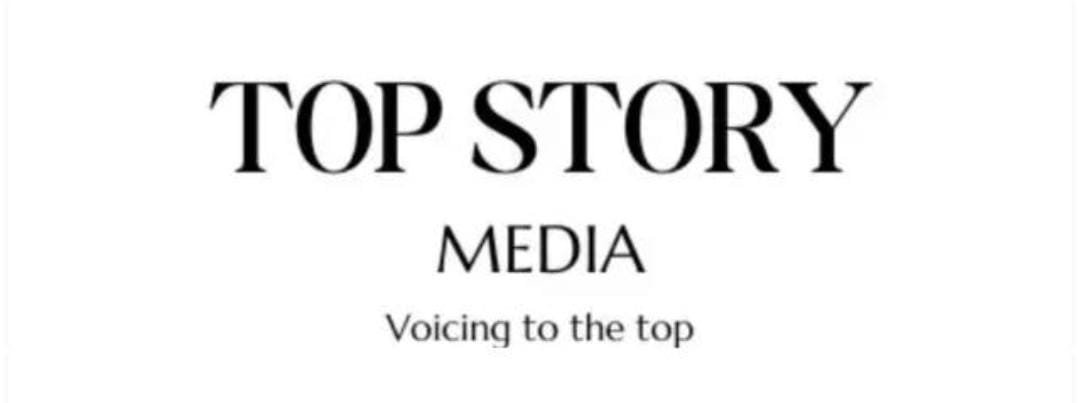
ISLAMABAD – The Institute of Urbanism (IoU) held a town hall meeting in Islamabad to tackle the city’s 600-ton daily waste issue, bringing together community leaders and policymakers to promote sustainable, community-led waste management solutions. A town hall meeting titled “Empowered Communities: A Town Hall on Waste Management Responsibilities,” co-hosted by Heinrich Böll Stiftung (hbs), brought together community representatives, policymakers, and CDA Sanitation Directorate staff to explore sustainable solutions for Islamabad’s growing waste issues, especially in Farash Town and I-10.
Islamabad generates about 600 tons of waste daily, with approximately 60% either openly burned or dumped in unmanaged sites. This poses significant risks to both environmental and public health. Only 15% of the waste is recycled, underscoring the urgent need for enhanced resource recovery and sustainability measures. Dr. Ejaz Ahmad, Senior Program Fellow at IoU, outlined the national crisis, stating, “Around 48.5 million tons of solid waste is generated annually, with an annual growth rate of 2.4%. Major cities contribute significantly, yet only 60-70% of urban waste is collected. The lack of sanitary landfill sites, inconsistent data, and absence of formal source segregation are major challenges.”
He emphasized the health impact, noting that waste contributes around 3% of the nation’s greenhouse gas emissions and leads to approximately 5 million cases of waste-related illnesses and deaths each year. Through initiatives like Community Councils in Farash Town and I-10, IoU has empowered residents to take an active role in managing waste. These councils aim to foster local leadership and community-driven solutions, encouraging shared responsibility and sustainable practices. Sardar Khan Zimiri, from CDA, officer underscored the importance of collective action: “Effective waste management is not solely the responsibility of government institutions; it requires commitment from all of us. Working together, we can create a cleaner and healthier environment for future generations.” He added, “Communities must lead the way in driving positive change.
When we engage collectively, we can transform our neighborhoods into sustainable spaces.” Participants shared their experiences, emphasizing the need for community involvement. Yaseen Abbasi, a resident of I-10, remarked, “Our commitment to environmental health must begin with individual and collective efforts.
Only through shared responsibility can we make a lasting impact on waste management.” Ms. Yasmeen Akhtar from Farash Town echoed this, stating, “Addressing waste challenges requires an inclusive approach that values community voices and engagement. Our active participation is essential for meaningful change.”
IoU reaffirmed their commitment to working alongside community councils and local authorities to improve waste management practices in Islamabad. The event concluded with a networking session, solidifying partnerships and shared commitments towards a sustainable future for Islamabad.




